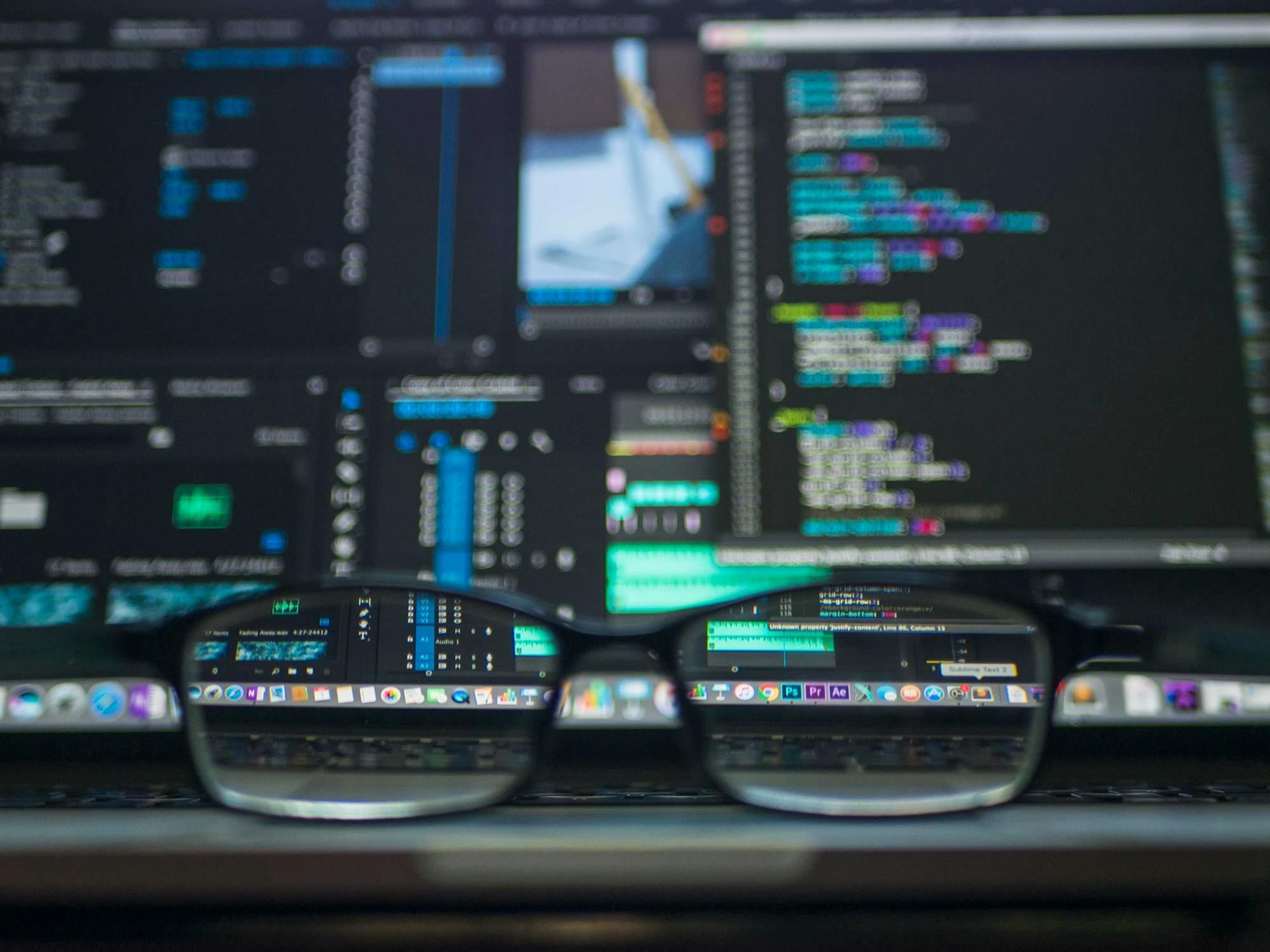Did an AI Rumor Just Send the Halo Community into Meltdown?
Last week, a bombshell report dropped that sent shockwaves through the Halo community. Trusted insider RebsGaming revealed that, according to his source, Halo Studios has “woven generative AI into every aspect of development.” The report suggested AI was being used for everything from creating game worlds and enemy behavior to speeding up mundane office tasks, all in an effort to meet tighter deadlines under Microsoft’s massive push into artificial intelligence.
The reaction was immediate and intense. Social media and forums lit up with players declaring that the future of Halo was “doomed.” Fears of soulless, AI-generated “slop” replacing human creativity ran rampant. For many, it felt like a confirmation of their worst fears about the future of game development.

The Source Responds: ‘That is NOT What I Said’
As the firestorm grew, the man who started it all, RebsGaming, stepped in to pour some water on the flames. In a follow-up clarification, he stated that his report was being widely misinterpreted. “Many people are misinterpreting what I reported as if it directly confirms AI is being used in all the wrong ways and Halo is doomed,” he explained. “That is NOT what I stated.”
RebsGaming emphasized that he was simply relaying information from a source. His original report never claimed that Halo was in jeopardy or that AI was being implemented poorly. The core of his message was about the *integration* of AI, not a judgment on the quality of its use. He clarified that the intended workflow described by his source was one of collaboration: AI handles the initial heavy lifting, and then human developers provide the crucial refinement and creative touch. He advised viewers from the start to treat it as a rumor until more details could be confirmed, a piece of advice that got lost in the online panic.

Why Did Everyone Panic? The Bigger Picture
So why did the community jump to the worst-case scenario? The backlash wasn’t just about Halo; it was a reflection of a much broader anxiety gripping the entire creative industry. With AI technology advancing at a breakneck pace, many artists, writers, and developers are legitimately concerned about their job security and the potential for creative fields to become automated and devalued.
We’ve seen other studios, like PlayStation’s Dark Outlaw Games, specifically hiring artists with AI skills, and Bungie developing its own internal AI tools. The trend is real. The fear is that studios, under pressure to cut costs and speed up production, will lean too heavily on AI, resulting in generic and uninspired games. The Halo rumor, taken out of context, sounded like that fear becoming a reality for one of gaming’s most iconic franchises.

FAQs
What was the original Halo AI rumor?
An insider named RebsGaming reported that a source claimed generative AI was being integrated into every aspect of development at Halo Studios to help meet faster production deadlines.
How did the gaming community react?
The reaction was largely negative, with many fans assuming the worst: that AI would replace human creativity and lead to low-quality, ‘soulless’ games, dooming the franchise.
What was the insider’s clarification?
RebsGaming clarified that his report was being misinterpreted. He stressed that he never said Halo was “doomed” or that AI was being used in a negative way, only that it was being integrated as a tool, with human developers still refining the work.
Did the report confirm AI is replacing developers at Halo Studios?
No. In fact, the original report suggested a collaborative model where AI generates initial assets that are then polished by human hands. The clarification from the insider reinforces this point.
Why is this such a sensitive topic for gamers?
There’s a widespread and valid concern among creative professionals and fans that an over-reliance on generative AI could lead to job losses, reduce originality, and lower the overall quality and artistic integrity of video games.
So, is the future of Halo safe?
The clarification suggests that the doomsday predictions were premature. The use of AI as a tool to assist developers is very different from using it to replace them. For now, the report is still a rumor, and fans should wait for official details on *how* these tools are actually being used.
Conclusion
The saga of the Halo AI rumor is a perfect case study in the age of internet outrage. A nuanced report about the integration of a new technology was stripped of its context and transformed into a story about creative apocalypse. The insider’s clarification is a crucial reminder to read beyond the headlines and not let fear dictate the narrative. While the industry’s push into AI raises important and valid questions, it’s vital to distinguish between a report on a new workflow and a verdict on a franchise’s future. The devil is in the details, and in this case, we simply don’t have them yet. It’s a time for cautious observation, not panic.